Vissarion Shebalin: The Complete A Cappella Choral Cycles
The Siberian-born Vissarion Shebalin (1902-63) is best known for his instrumental music, which includes five symphonies and nine string quartets, some of which have been heard on CD, but this is the first recording of the eight delightful, and very Russian, choral cycles he wrote from 1949. Shebalin had to endure much hardship: along with Shostakovich, a close friend and colleague, he was one of the composers condemned in the infamous 1948 Party congress in Moscow; and in later life he fought to overcome a series of crippling strokes. These tribulations he faced with understated but unshakable optimism, as these touching choruses reveal.
Russkaya Conservatoria Chamber Capella, choir
Nikolay Khondzinsky, conductor
Listen To This Recording:
-
Five A Cappella Choruses. Words by A. Pushkin, Op. 42 (1949)
- No. 1, Message to the Decembrists
- No. 2, Song about Stenka Razin
- No. 3, The Winter Road
- No. 4, Chattering Magpie
- No. 5, Echo
- No. 1, The Warrior’s Grave
- No. 2, The Sail
- No. 3, The Cliff
- No. 1, Immortelle
- No. 2, The Wild Grapevine
- No. 3, Wormwood
- No. 1, The Cossack urged on his steed
- No. 2, A Mother’s Thoughts of her Son
- No. 3, The Skylark
- No. 4, To a Birch Tree
- No. 5, Spring Beauty
- No. 6, Over the Burial-Mounds
- No. 1, Let Every Hour be Happy!
- No. 2, The Oak
- No. 3, It is fine to stroll in spring
- No. 4, Autumn
- No. 1, Twilight in the Valley
- No. 2, The Poplar
- No. 3, Mariora is going away
- No. 1, In the Orchard
- No. 2, The Bee
- No. 3, Raindrops
- No. 4, Summer is here
- No. 1, The Snowdrop
- No. 2, The Lily-of-the-Valley
- No. 3, The Violet
- No. 4, The Buttercup
- No. 5, The Forget-Me-Not
- No. 6, The Dandelion
- No. 7, The Carnation
- Home Guards’ Chorus, ‘Oh, my Dawn!’, from the film Glinka (1946)
Three A Cappella Choruses to Words by M. Lermontov, Op. 47 (1951)
Three A Cappella Choruses to Verses of A. Sofronov, Op. 44 (1949)
Six A Cappella Choruses to Words by M. Tank, Op. 45 (1950)
Four A Cappella Choruses to Words by M. Isakovsky, Op. 50 (1952)
Three Choruses to Verses by Moldavian Poets, Op. 52 (1959t60)
To my Grandchildren: Four Choruses A Cappella for Children, Op. 57 (1963)
In the Forest Clearing: Seven A Cappella Choruses for Children, Op. 59 (1963)
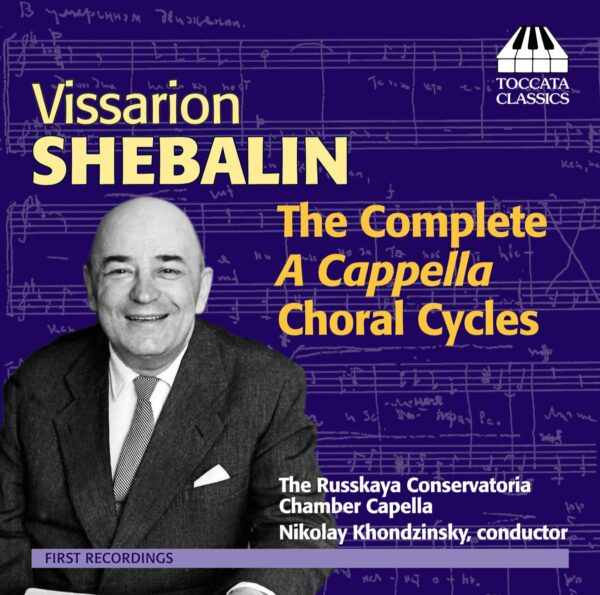
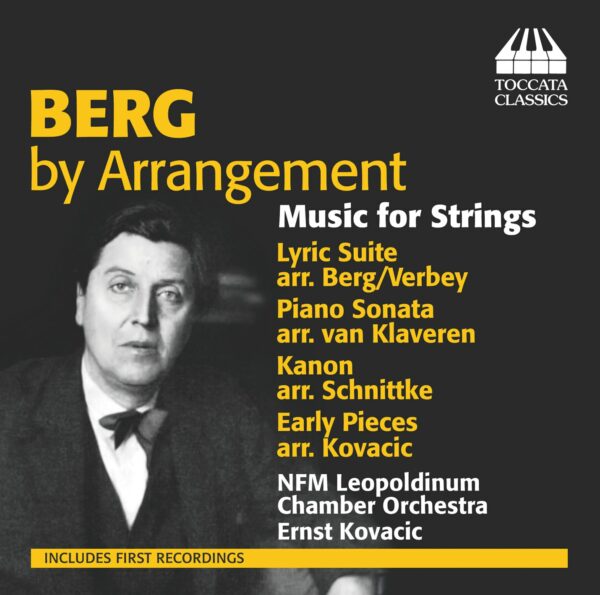
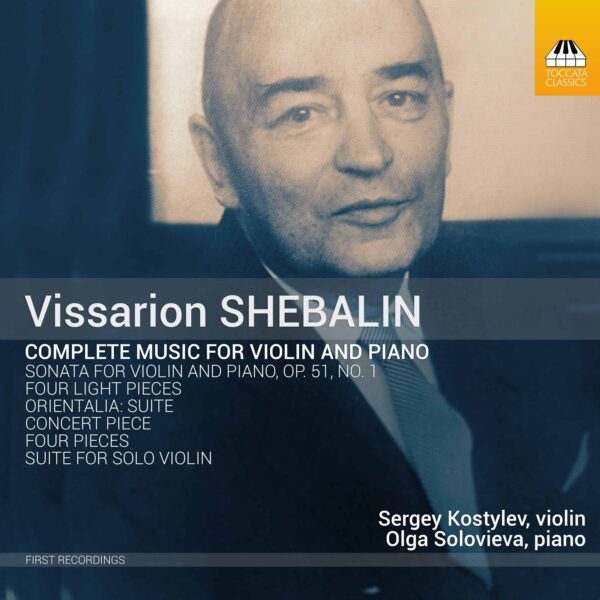
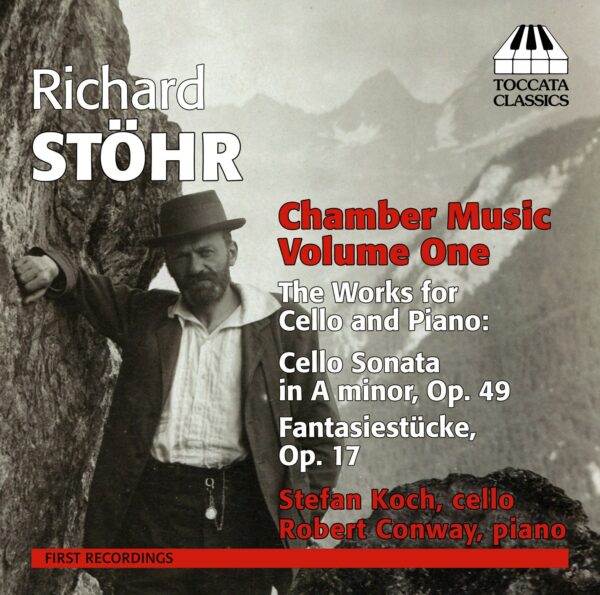
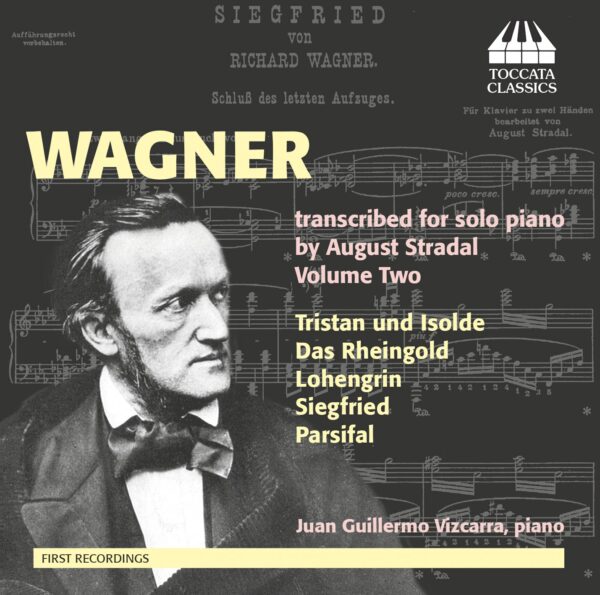
MusicWeb International :
‘The singing of these a cappella pieces – 36 tracks some very short – is magnificent. These settings are by turns resolute and poetic with plenty of variety, The choir sports a treasurably silvery and inwardly lit soprano sound. The music evidently matters to these singers and meticulous professional attention is accorded to every note.
The music glows soulfully (tr. 12), shows a carefree elite virtuosity and makes play with skipping pinpoint dynamic variation. Cliff-edge changes are handled superbly. Accurate singing from men in tr. 8 and from the men and women in tr. 24 is a pleasure to hear. It’s really bright and delivered at such speed. More than once the music recalled the English choral settings bv Grainger and Moeran. There’s even some Grainger style humming in tr. 18. Russian plainchant is clearly an influence but delightfully used in a secular context. Setting. Trs 3 and 10 recall the inky-deep basses in the best 1960s Sveshnikov recording of Rachmaninov’s Vespers. The Opp. 57 and 59 collections were written for children’s voices but the women handle them cogently and with great success. The Oh My Dawn chorus from the Glinka film score is soulful rather than march-swinging. The recording has been made in a lovely complementary acoustic.’
—Rob Barnett, MusicWeb International